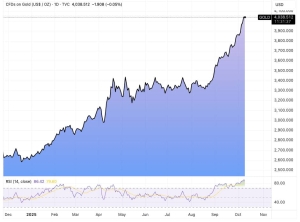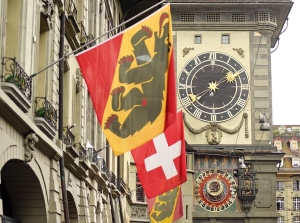
Financial Market Insights and Consultancy
Amos Thedani has been involved in financial markets for thirty years. Having started in investment banking, he moved to the hedge fund industry. He now consults and overseas strategic investment implementation at family-run businesses, the charity sector and private individuals.
For the past fifteen years, Amos has sent his market musings and in-depth analysis to clients via his newsletter, Thedani Post.
This website brings some of those views and insights to a wider audience, as well as those of my colleagues, market analysts I follow, and carefully chosen third parties.
Together, we specialise in:
- Indices
- Equities
- ETFs
- Cryptocurrencies




